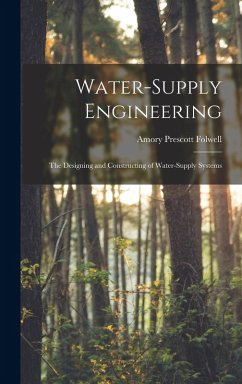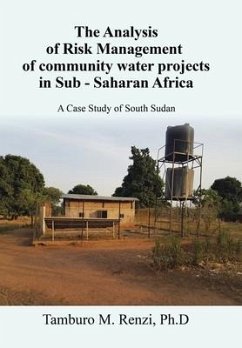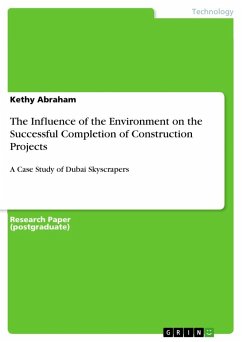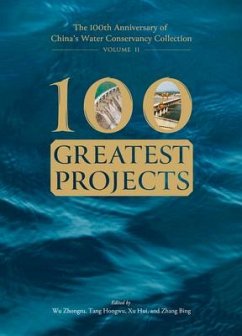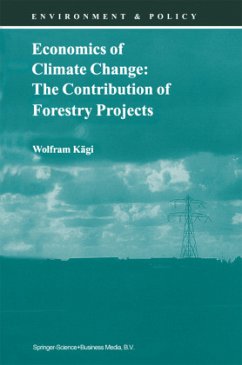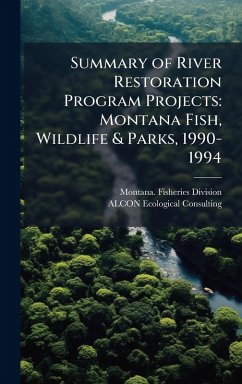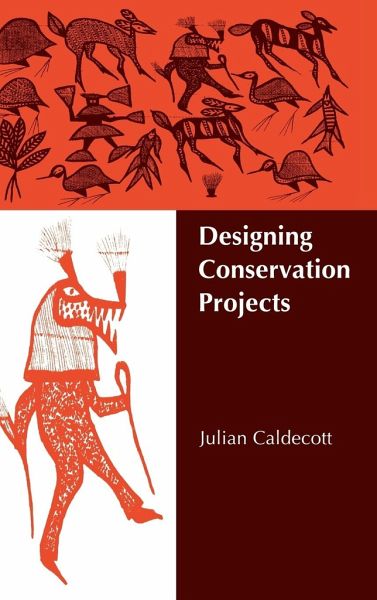
Designing Conservation Projects

PAYBACK Punkte
60 °P sammeln!
What are the challenges involved in protecting biodiversity in tropical terrestrial and coastal ecosystems? What practical lessons can be learned from conservation projects? And what are the procedures and attitudes of governments, NGOs, donor agencies, development banks, and consulting firms? These key questions are all answered, drawing on the author's extensive experience of conservation projects in Malaysia, Nigeria, China, Indonesia, the Philippines, Costa Rica, and elsewhere. Project descriptions are used to illustrate the growth of two important themes in conservation: increasing the aw...
What are the challenges involved in protecting biodiversity in tropical terrestrial and coastal ecosystems? What practical lessons can be learned from conservation projects? And what are the procedures and attitudes of governments, NGOs, donor agencies, development banks, and consulting firms? These key questions are all answered, drawing on the author's extensive experience of conservation projects in Malaysia, Nigeria, China, Indonesia, the Philippines, Costa Rica, and elsewhere. Project descriptions are used to illustrate the growth of two important themes in conservation: increasing the awareness of the economic value of biodiversity among decision makers; and enabling and encouraging local people to participate in designing and implementing projects.





